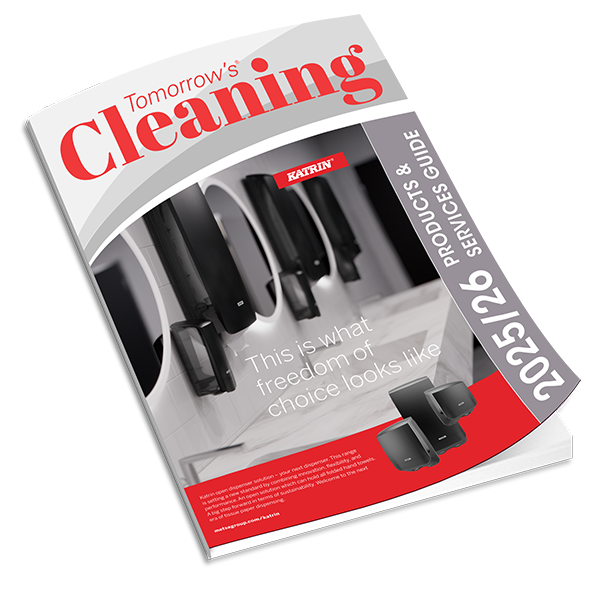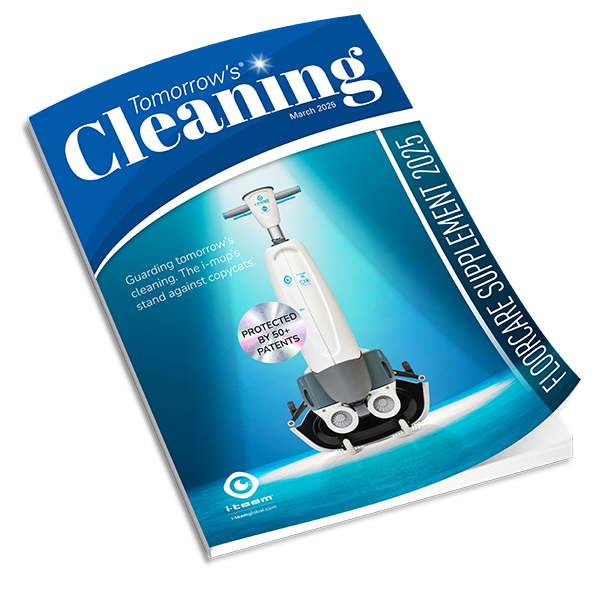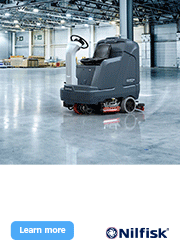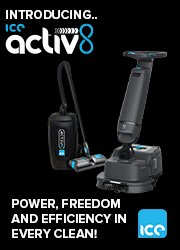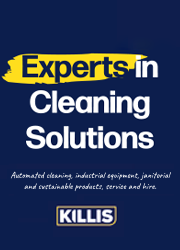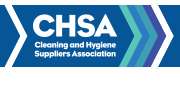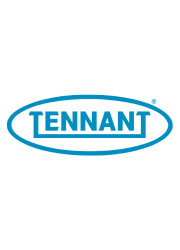Chad Grainger, Key Account Manager – Public Services at Kärcher UK, looks at the importance of regular cleaning to support waste management and eliminate unwanted pathogens and bacteria.
Waste management is an imperative part of facilities management to eliminate unwanted pathogens, bacteria, and germs, and prevent negative build-up that could impact the facility. Unkempt spaces are unappealing, unprofessional, and unhygienic, potentially driving tenants away and affecting profit margins for investors.
Whilst regular cleaning is not a new concept, it is important that facilities managers adopt more sustainable cleaning practices to help support businesses in achieving their wider sustainability goals. Too often the reliance has been on effective detergents to eliminate unwanted dirt. While detergents remain an effective solution, their use can negatively impact upon the local environment if chemical run-off enters local rivers and water supplies.
To overcome this, facilities managers can adopt more sustainable cleaning processes, such as hot water pressure washing and sanitising, to achieve the same effect without vast numbers of chemicals. The two-step cleaning method is ideal for the effective removal of residue particles and unwanted remnants that may remain on the bins.
The first step begins with washing bins with hot water. Ideally this should be done outdoors using a hot water pressure washer for the effective removal of unwanted substances in an efficient and effective manner. The addition of heat helps to break down grease and oils that may be on the bin to help lift materials from it without the need for chemical detergents. Hot water pressure washers are able to spray water at up to 80°C or higher, making them an ideal solution for eliminating most dirt.
If the bin is placed indoors and cannot be taken outdoors for cleaning, making use of warm water and a clean sponge will achieve a similar but less effective clean. The use of hot water in either cleaning process is a must, as hot water dries quicker than cold water, helping to expedite the cleaning speed and optimise productivity.
Once the bin has been cleaned using hot water and subsequently dried, making use of a spray misting machine is a must. Spray misters easily apply an even coat of disinfectant to the surface, even reaching the nooks that cannot be accessed when cleaning by hand. With the ability to kill up to 99.99% of bacteria and viruses, the disinfectant properties are ideal for ensuring user safety at all times.
This is an increasingly important aspect of waste management, as more waste managers are being asked to separate rubbish by hand to ensure it is recycled correctly. Without the proper steps in place to safeguard those collecting the rubbish and having to sort it, then there is a real risk to their potentially becoming ill from bacteria build-up in the bin over time.
Regular cleaning will help to prevent the unwanted build-up of pathogens and eliminate dirt in an effective manner. Without regular maintenance, it presents unwanted risks for those emptying the bins and those disposing of their rubbish. Using this quick two step cleaning process, a clean bin can be achieved easily and effectively all year round.














